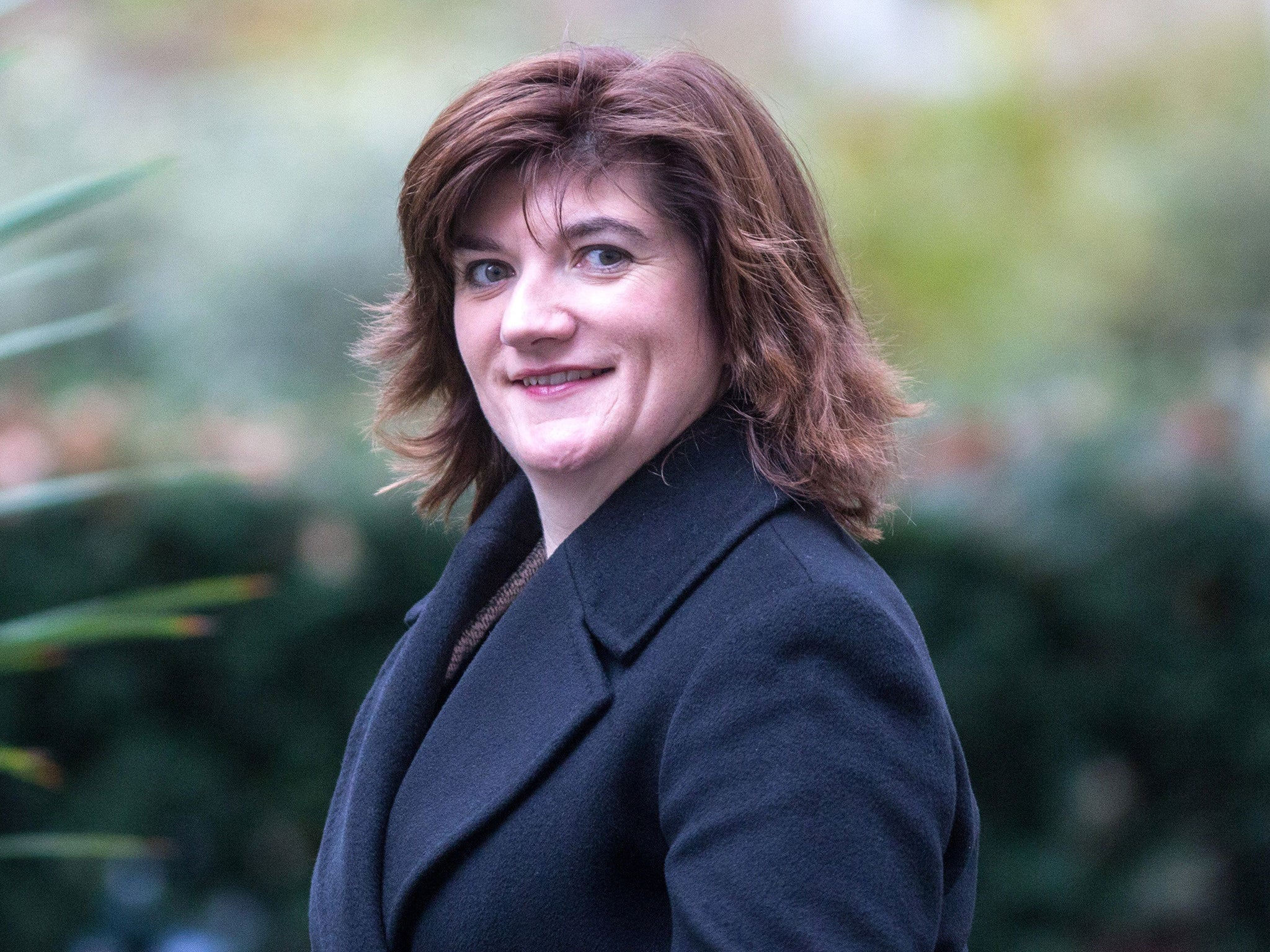Schools must teach that Britain is 'mainly Christian' and need not cover atheism, says Nicky Morgan
A High Court finding to include atheism will have 'no impact', said government

Schools do not have to teach non-religious world views and should let students know Britain is "in the main Christian", the Government has said.
Nicky Morgan, the Education Secretary, has sidestepped a High Court ruling which found she unlawfully excluded atheism from the school curriculum.
A two year commission which found the UK is no longer a Christian country is also absent from the department's new guidance.
The new document says religious education should "reflect the fact that the religious traditions in Great Britain are, in the main, Christian."
It also said that "there is no obligation on any school to cover the teaching of non-religious views," instead saying this should be left to the wishes of parents and the school.

A spokesman for Ms Morgan said the measures sought to prevent a "creeping ratchet effect" wherein atheists tried to force schools to teach a humanist view of the world, according to the Daily Telegraph.
"The Government is determined to protect schools' freedom to set their own religious studies curriculum," said Ms Morgan in a press statement.
"The guidance I have issued today makes absolutely clear that the recent judicial review will have no impact on what is currently being taught in religious education."
In November Ms Morgan was found by the High Court to have made an "error in the law" by leaving out humanism from her changes to the subject's content, the BBC reported.
Mr Justice Warby said the move was a "breach of the duty to take care that information or knowledge included in the curriculum is conveyed in a pluralistic manner."
The findings were backed by a separate inquiry, chaired by Baroness Butler-Sloss and involving leaders of all faiths, which concluded that Britain is no longer a Christian country.
The two year commission called for public life in the UK to be less oriented around Christianity.
Students studying religious studies, meanwhile, have decreased because the subject is not considered a "core academic subject" by the government in its new English Baccalaureate qualification, according to Schools Week.
Both the Church of England and the Board of Deputies of British Jews have welcomed the Department's newest guidance. They said humanism and atheism could be taught in other subjects.
But the British Humanist Association, who helped bring the initial legal challenge to the court, warned that schools could act unlawfully by failing to include humanist world views in RS lessons.
Join our commenting forum
Join thought-provoking conversations, follow other Independent readers and see their replies
Comments
Bookmark popover
Removed from bookmarks